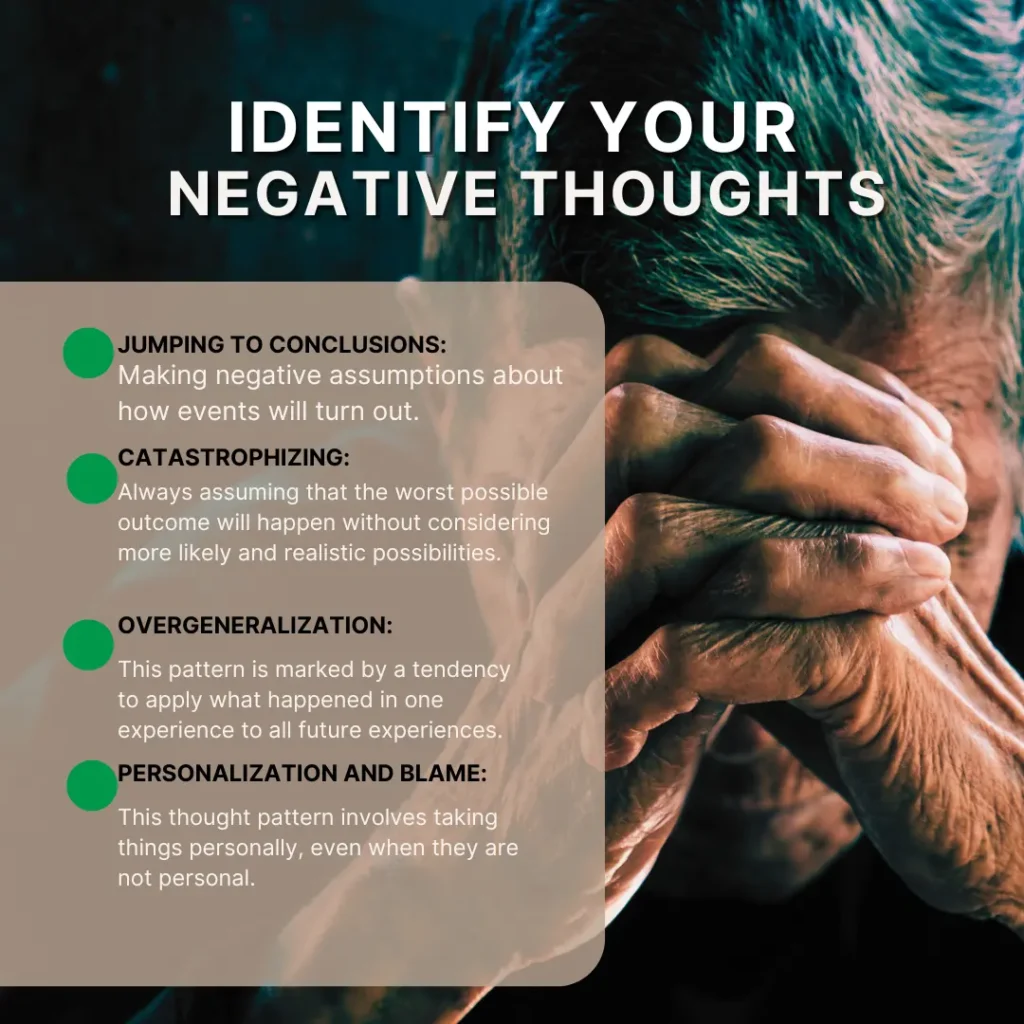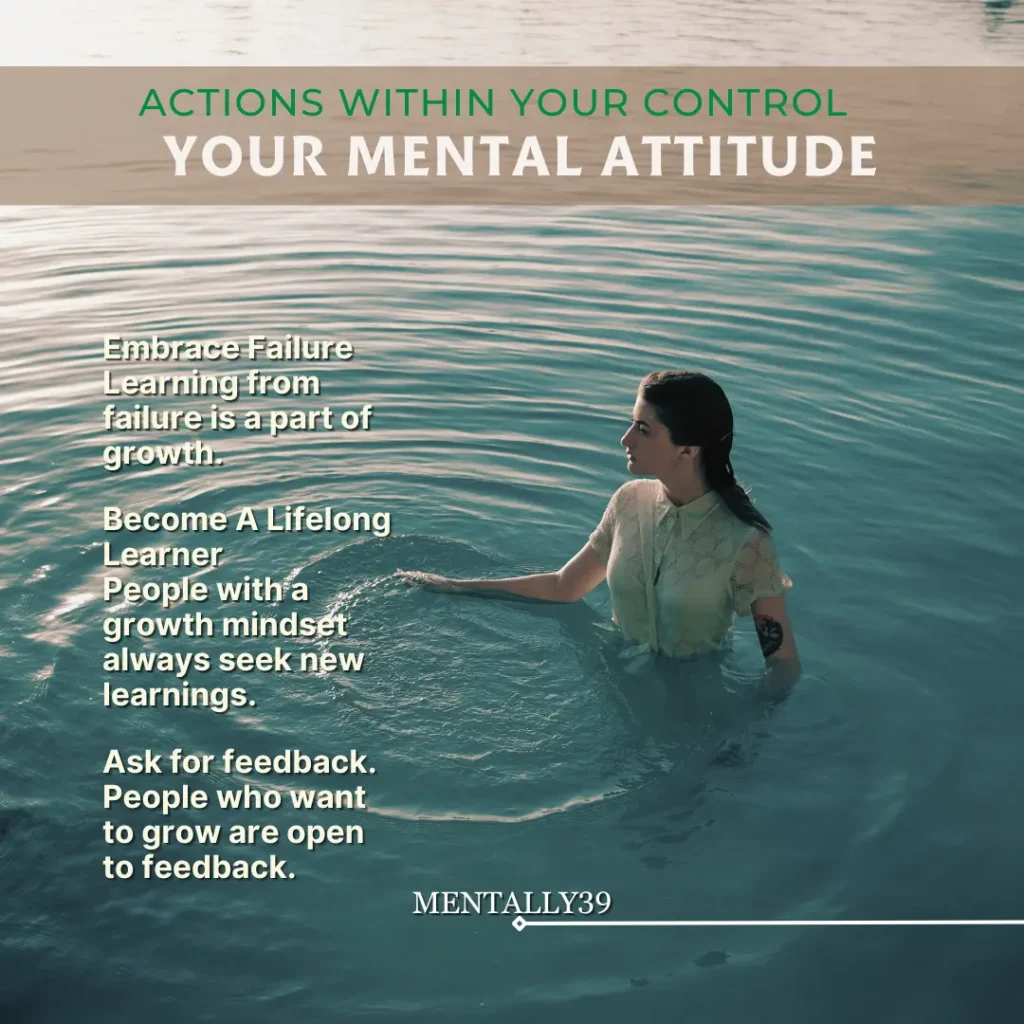Happiness is often seen as the ultimate goal in life. We all desire to be happy and strive to achieve it in our own ways. But is happiness a choice? Do we really get to wake up each morning and decide? I want to explore the reality behind happiness and look into the factors that influence our ability to choose happy moments.
Many motivational speakers and self-help gurus often propagate the idea that happiness is a choice. They encourage us to make a conscious decision to be happy and believe that it is within our control. While their intentions may be well-meaning, the reality of happiness is far more complex.
Happiness is not always the same for everyone. It can change and be influenced by many things like our mental health, culture, and genes. We can choose things that help us be happy, but not everyone can always choose to be happy.
In reality, authentic happiness doesn’t signify a lack of negative feelings such as sadness and pain but an ability to experience a wide spectrum of emotions while managing to appreciate – and stay focused on – the positive things that I do have in my life.
Is Happiness a Choice?
Happiness is a choice to a significant extent. While external factors play a role, our mindset and reactions greatly influence happiness. Choosing positivity, gratitude, and resilience can help shape a happier life. It’s about perspective and conscious decisions towards a more fulfilling emotional state.
Happiness is not a singular or static emotion. It is a complex and multifaceted experience that encompasses a range of emotions and states of being.
We may experience a state of happiness at any given moment, but that does not mean we are happy all the time.
Happiness is a positive state of mind characterized by contentment, joy, and satisfaction. Our emotions, thoughts, relationships, and life circumstances influence it.
It is not solely dependent on external factors but is deeply rooted in our mindset and perception of the world. Happiness is a state of mind and a reflection of our character. Understanding it as a complex emotion is important to uncovering its elusive nature.
Psychology, Attitude, and Socioeconomics
The field of psychology has extensively studied happiness and its underlying factors. Research has shown that mental health, including conditions such as depression, anxiety, and other mental illnesses, plays a significant role in our ability to experience happiness. These conditions can impact our overall well-being and make it more challenging to choose to be happy.
However, having a positive attitude and actively pursuing joy or pleasure can profoundly impact our mental well-being. Studies have found that individuals who adopt a positive mindset, practice gratitude, and engage in activities that bring them joy are more likely to experience higher levels of positivity and happiness.
By choosing gratitude and looking on the bright side, individuals can increase their optimism, reduce anxiety, and chemically change their brains to be more positive. While it may not always be easy to choose happiness, it is a conscious decision that can lead to personal growth and a more fulfilling life.
Our cultural background and societal norms also play a big role in shaping how we see happiness. Different cultures focus on different things that make people happy, like family, community, success at work, or feeling connected to something greater.
The idea of true happiness can differ depending on where you come from because of cultural beliefs, customs, and what society expects. What makes one person happy in one culture might not be as important in another. Learning about these cultural influences can help us see things from different perspectives and understand how people experience and define happiness in diverse ways.
The Debate: Happiness is a Choice?
Philosophers, psychologists, and regular people debate whether happiness can be chosen or not. Some say that we can be happy no matter what happens in our lives. They think that by focusing on positive thoughts, being grateful, and working on personal growth, happy people can create happiness for themselves through the pursuit of happiness.
On the other hand, some argue that happiness is not always a choice. They point out that things like life events, how much money we have, and our genes can affect how happy we are. They say it’s important to recognize and deal with the challenges that might stop us from choosing to be happy at the right time.
Arguments for Happiness Being a Choice
Is Happiness a choice? Supporters believe we control happiness with positive thoughts and actions. They suggest choosing positivity, gratitude, and self-focus. Studies show prioritizing happiness leads to better feelings and outlook. Positive thinking and a growth mindset enhance resilience. Choosing to be happy empowers personal growth and positivity in life.
Counterarguments: When Unhappiness Reigns
Why happiness is not a choice. Mental health disorders like depression or anxiety can make it tough to feel happy because of chemical imbalances in the brain. Dealing with tough life situations like loss, trauma, or constant stress can also make choosing happiness difficult. These things are not always in our control, and we may need professional help to handle them.
Choosing to be happy isn’t always easy, and it’s important to take care of our mental health disorders and get help when needed. Remember, it’s okay to ask for support and prioritize your well-being when you’re feeling overwhelmed.

Biological Factors Influencing Happiness
Aside from our thoughts and surroundings, our body’s biology also affects how happy we feel. Like how it releases and manages chemicals like serotonin and dopamine, our brain chemistry can impact our emotions and overall happiness.
Additionally, our genes can influence how happy we tend to be. Studies have found that certain genetic differences might make some people more likely to feel happier or less happy. While we can’t change our biology, knowing how it affects us can help us understand ourselves better and possibly find the right help when needed.
The Role of Neurotransmitters in Emotional Well-being
Neurotransmitters are chemical messengers in the brain that play a vital role in regulating our emotions and overall well-being.
Serotonin, often referred to as the “feel-good” neurotransmitter, is associated with feelings of happiness, contentment, and well-being. Low levels of serotonin have been linked to mood disorders such as depression.
Dopamine, another important neurotransmitter, is associated with pleasure and reward. It plays a role in our motivation, desire, and feelings of satisfaction. Imbalances in dopamine levels can impact our ability to experience pleasure and happiness.
Understanding the role of neurotransmitters in our emotional well-being can help us recognize the importance of maintaining healthy brain chemistry. While we may not have direct control over neurotransmitter levels, certain lifestyle factors, such as exercise, proper nutrition, and stress management, can support optimal functioning.
Genetic Predispositions to Happiness
Genetics also affect how happy we usually feel. Studies have found that people have different levels of happiness because of their genes. Some people may be born with genes that make them more likely to feel happier, while others may have genes that make them more likely to feel less happy.
But it’s important to know that genes are not the only thing that determines our happiness. Our surroundings and life experiences also greatly impact how happy we are. Even though genes can affect our base level of satisfaction, we still have the power to make choices and develop a more positive mindset and lifestyle to boost our happiness.
External vs. Internal Factors of Happiness
Happiness can be influenced by things outside of us and how we think and feel on the inside. Things like where we live, our life situation and the people we are around can affect how happy we are. These things can make us feel good or bad, but we can’t always control them.
On the other hand, our mindset, how we think, and what we have inside us can also impact our mood. Even if we can’t change external factors, we can work on having a positive attitude, being thankful, and growing personally. These things can help us create a mindset that leads to happiness, no matter what’s going on around us.
How Our Environment Shapes Our Happiness
The places we live and the people we surround ourselves with greatly impact how happy we feel. Research shows that being in a supportive and caring environment can make us feel happier. By surrounding ourselves with positive things and people, we can have more chances to be happy every day and leave this world a better place than we found it.
The Power of Mindset and Internal Conditions
While what’s happening around us affects how happy we feel, what’s going on inside us and how we think ultimately decides how we feel overall. Being positive, staying strong when things get tough, and being thankful can help us deal with problems and enjoy the moment. Our way of thinking is really important in how we see and react to what’s happening outside.
If we have a mindset that’s open to learning and choose to focus on the good things in life, we can create a feeling of happiness that doesn’t depend only on what’s happening around us. It’s important to know that use being happy isn’t something we reach but a journey where we have to work hard and be dedicated to growing as a person, even in the face of negative emotions.
Practical Steps to Choose Happiness
Happiness is a choice that requires effort at times. Choosing to be happy is not a one-time decision but a continuous process that requires conscious effort and intentional actions. Here are some practical steps you can take to choose happiness in your daily life:
Cultivate gratitude: Take time each day to reflect on the things you are grateful for and express gratitude to others.
Practice self-care: Prioritize your mental and physical well-being by engaging in activities that bring you joy, practicing mindfulness, and taking care of your body.
Engage in activities that bring joy: Find activities that bring you joy and make time for them regularly.
By incorporating these practices into your life, you can actively choose happiness and create a more fulfilling and joyful existence.

Cultivating Gratitude and Positive Relationships
Gratitude is an effective tool for developing happiness. By intentionally focusing on the things we are grateful for, we shift our attention from what is lacking to what is abundant in our lives. This shift in perspective allows us to experience greater contentment and joy.
Building positive relationships and fostering connections with others is critical for our overall well-being. Surrounding ourselves with supportive and uplifting individuals can significantly contribute to our happiness. By nurturing these relationships and expressing gratitude for the people in our lives, we can create a sense of belonging and fulfillment.
The Importance of Self-Care and Mental Health Awareness
Taking care of our mental and physical well-being is really important for choosing happiness. Self-care means doing things that help us relax, feel refreshed, and grow as a person. This could be doing things we enjoy, being mindful, or getting help from a professional when we need it.
Knowing about mental health is also key to being happy. Understanding our feelings, getting help when needed, and taking steps to manage our mental health can help us feel better overall. By focusing on self-care and mental health, we give ourselves the power to make choices that lead to happiness and personal growth for both our emotional and physical bodies.
Engaging in Activities That Bring Joy
Engaging in activities that bring us joy is essential to choosing happiness. These activities can vary from person to person, but the common thread is that they evoke a sense of joy and fulfillment. Here are some examples of engaging activities that can bring joy:
- Spending time in nature and enjoying outdoor activities
- Pursuing creative outlets such as painting, writing, or playing music
- Practicing mindfulness and meditation to cultivate a sense of calm and presence
- Engaging in physical exercise or sports that you enjoy
- Exploring new hobbies or learning new skills
By prioritizing these activities and making time for moments of joy in our lives, we actively choose happiness and create a more fulfilling and joyful existence.
The Impact of Happiness on Life Outcomes
Happiness is important and can make a big difference in our lives. Studies show that happy people tend to do better in their careers, relationships, and overall well-being. Being happy can lead to more success at work, higher job satisfaction, and better personal relationships. Choosing to be happy can also help us live longer and healthier lives, free from distress. When we focus on our happiness and choose to be joyful, we increase our chances of having a positive life and being fulfilled.
Happiness and Its Correlation with Success
Happiness and success go hand in hand. Studies show that happier people tend to do better in life. Being positive and feeling good can help you stay motivated, bounce back from challenges, and be more productive, which are all important for achieving success. Happy people are usually more satisfied with their jobs, do well in school, and have healthier relationships.
Choosing to be happy is good for your well-being and can also help you succeed. By thinking positively, focusing on personal growth, and making joy a priority, you can set the stage for reaching your goals and living a more satisfying life.
Can Choosing Happiness Lead to Longer Life?
Research has shown that being happy can help you live longer. Many studies have discovered a link between happiness and a longer life. Being happy and staying positive can help your body and mind. Happier people tend to make healthier choices, have stronger immune systems, and feel less stressed and inflamed. These things all add up to make you feel good and could even help you live longer. While being happy doesn’t guarantee a longer life, it’s clear that choosing to be happy and staying positive can make a big difference in your overall health and well-being.
Challenging Happiness Myths
Throughout our lives, we hear different ideas about happiness that may not be true. These ideas can affect how we think about pleasure and how we try to be happy. It’s important to question these ideas and understand happiness more thoroughly.
One idea is that everyone is happy in the same way. But the truth is that happiness is personal and unique to each person.
What makes one person happy might not make another person happy. We should respect these differences and see happiness as something special and different for each person.
Another idea is that being happy is as simple as making one choice. While choosing to be happy is important, it’s not just one decision. It’s a journey that requires effort and growth. Happiness is affected by many things, both inside and outside of ourselves. It’s not always easy, but we can work towards a happier life by making choices that bring us joy at the end of the day.
Debunking the Myth That Happiness is Universal
It’s a misconception that everyone can achieve happiness in the same way. Joy is subjective and varies from person to person, depending on their culture, values, and life experiences. There is no universal method or formula that works for everyone. People from different cultures find joy and contentment in different aspects of life, such as family, community, work, or spiritual beliefs. Each person’s happiness is unique and influenced by their background and experiences. By acknowledging this fact, we can appreciate the diversity of human happiness and understand that it’s a personal and individual emotion.
The Danger of Over-simplifying Happiness
Simplifying happiness can be risky because it doesn’t fully show how complex this feeling is. Happiness isn’t just one simple or unchanging state but a complicated experience with many emotions and mindsets.
When we think of happiness as just a single decision, we ignore the difficulties and obstacles people face as they try to be happy. It’s important to realize that being happy takes work, personal growth, and the ability to handle both good and bad feelings.
Understanding the complexity of happiness helps us see it more completely and enjoy the moments of joy and satisfaction that come from our unique experiences and paths to happiness.
Decision
In conclusion, happiness is a complicated choice involving factors like psychology, biology, and the environment. Some say you can choose to be happy, while others argue that outside circumstances can affect how you feel. Being thankful, building positive relationships, and taking care of yourself are practical ways to choose happiness.
Remember, happiness is a mix of your thoughts and what’s happening around you. By understanding this mix and taking steps to bring more joy into your life, you can empower yourself to live a more fulfilling and happy life. Happiness isn’t just a decision; it’s a journey of learning about yourself and being strong.

20+ Years as a Special Education Teacher
NASM Certified Nutrition Coach,
Certified Trauma Informed Trainer
Mindset and Motivation Master Life Coach
